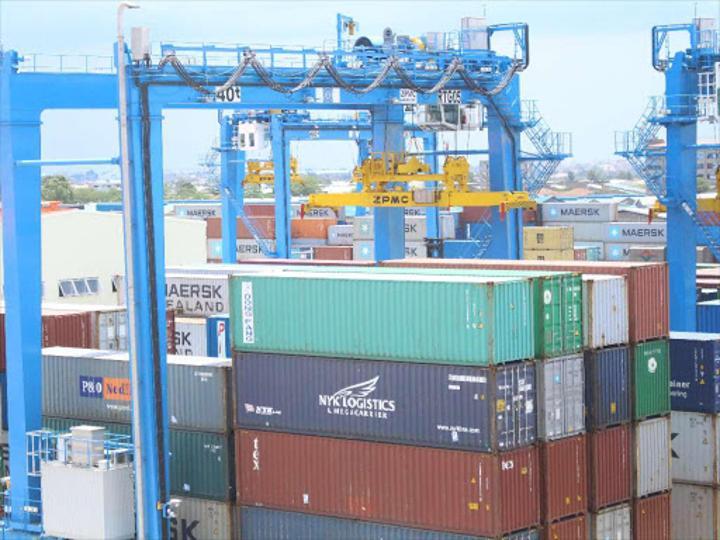Africa-Press – Kenya. Kenya Revenue Authority has recorded a 54 per cent reduction in the time taken to release goods from ports, boosting trade amid a rise in customs revenue.
This is at the Port of Mombasa, Inland Container Depots and at the Kenya Railways Corporation Sheds, an improvement recorded over the last three years.
According to KRA, the duration of time to release goods has dropped to an average of 51.43 hours or 2.1 days from 112.6 hours (4.6 days) in 2021-2022.
The clearing time has improved on the back of increased adoption of pre-arrival cargo processing, where uptake has grown from 25.28 per cent in 2021-2022 to 40.55 per cent in financial year 2023-2024.
This is where a risk-based pre-arrival clearance is done, making it easy for cargo to leave the port of entry once offloaded.
The process requires traders to supply customs authorities with advance information on goods brought in or out of the customs territory.
On the basis of this information, customs systematically applies procedures and practices to identify, analyse, prioritise, and address risks.
Enhanced systems capabilities of the Customs Integrated Customs Management System (iCMS) now allow for the declaration of customs entries using the bill of lading as the base document, enabling processing to commence even before the cargo arrives.
To further strengthen risk management, all goods arriving at the Port of Mombasa must now be inspected at the port of origin.
This ensures compliance through the issuance of a Pre-Export Certificate of Conformity by licensed inspectors appointed by the Kenya Bureau of Standards.
KRA’s integration with KenTrade’s trade facilitation platform has been instrumental in streamlining the customs clearance process.
“Seamless sharing of critical information, such as import declarations and supporting documents, among partner government agencies has facilitated the issuance of licenses and permits with reduced human interaction,” KRA said yesterday.
It has eliminated the need for unnecessary office visits by importers and customs clearing agents.
This integration has significantly enhanced the efficiency of KRA’s service delivery, the taxman affirmed.
The efficiency enhancing measures instituted by KRA resulted in a 4.9 per cent increase in customs revenue to Sh791.368 billion during the 2023-2024 financial year, compared to the same period in 2022-2023.
KRA’s customs collections comprised revenues from oil taxes, which grew by 10.3 per cent to stand at Sh300.77 billion, and non-oil taxes that stood at Sh490.6 billion.
The customs department realised an 11.7 per cent rise in import values.
This is the value of goods specified in the schedule as ascertained from the original invoice and includes the charges paid or payable for insurance, excise duty, freight charges and all other charges incidentally levied on the purchase of such goods.
Despite the rise in overall import values, oil and non-oil taxes performance were in part affected by growth in exemption and remissions, which grew by 23.8 per cent.
This was driven by special exemptions accorded to some food commodities to mitigate against adverse effects of drought and reduce the cost of living.
For More News And Analysis About Kenya Follow Africa-Press






